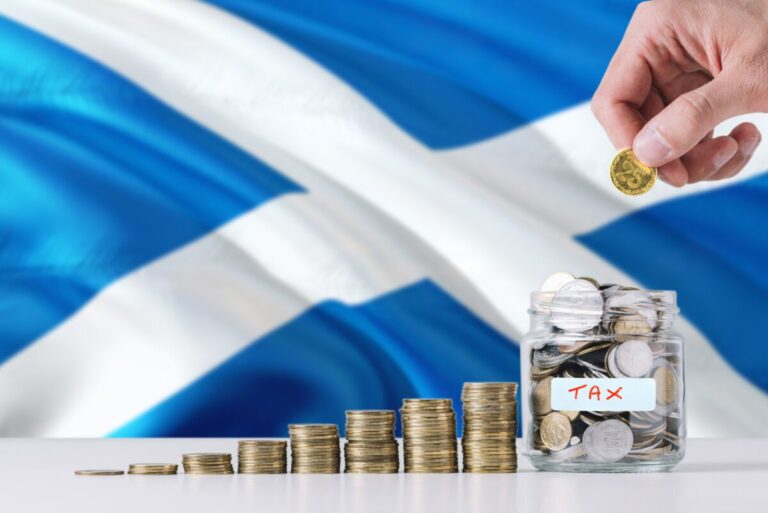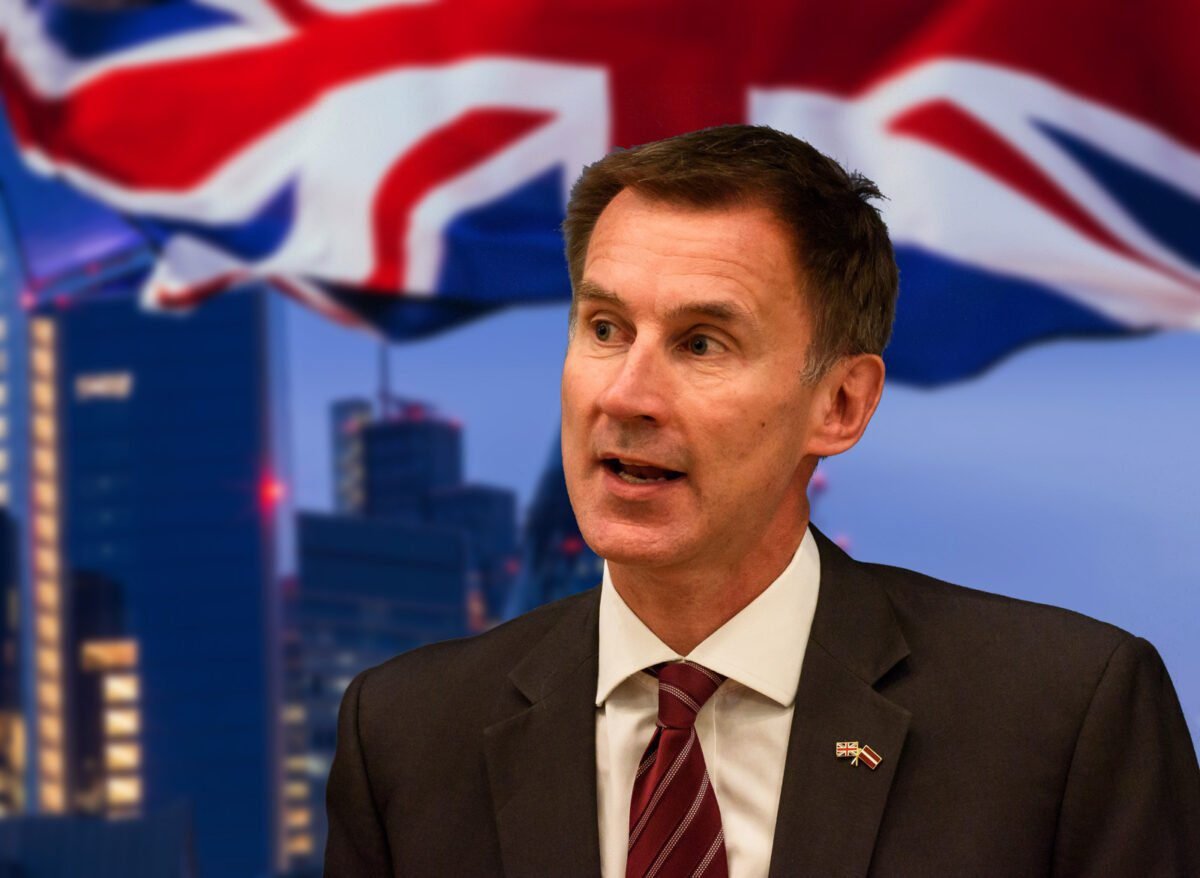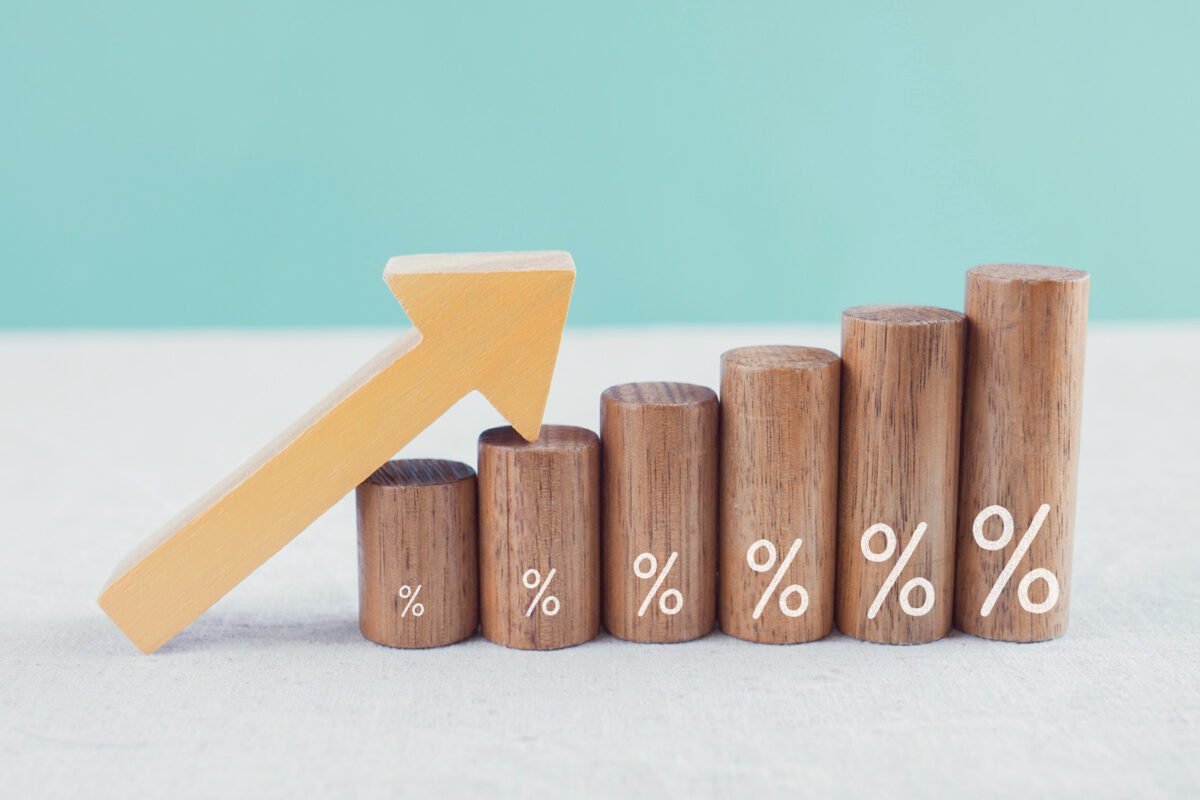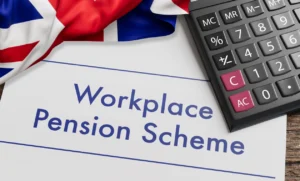Deputy First Minister John Swinney spoke about the government’s tax and spending proposals, focusing on the NHS and social security. Despite households battling a cost of the living problem, he said that Scotland’s income tax higher rate would increase from 41p to 42p, and its top rate will climb from 46p to 47p by April next year.
According to the Chartered Institute of Taxation, a person making £50,000 will pay £1,552.48 more in taxes next year and an additional £63.38 than they would in a lower-tax bracket. Meanwhile, Scots making £150,000 will pay an extra £2,432.08 and £3,857.88, which is more than the rest of the UK earners pay for their income tax.
Persons whose income is between £43,662 and £50,270 at higher rate tax levels for both Scotland and the UK will pay tax on that portion of their income at a marginal rate of 54%, compared to 32% for the rest of the UK. This is so because the higher rate in the UK is linked to the national insurance rates.

According to Mr Swinney, when combined with adjustments to other taxes, such as Scotland’s Land and Buildings Transaction Tax (LBTT), the modifications will bring in a total of £553 million the following year. The LBTT’s portion on second residences will increase from 4% to 6%.
The deputy first minister confirmed a further £550 million for local government spending in 2023. Local governments will have complete autonomy to choose their council tax rates, even though they have been seeking considerably more.
This solidified Scotland’s position as the UK’s most taxed region and also sparked worries from financial experts that the nation would experience a “brain drain” of talent. The decision by Mr Swinney to increase the cross-border tax gap even further was deemed “exceptionally worrying” by the Scottish Chambers of Commerce (SCC).
The top and higher rates in England will be 2p lower the following year, at 40p and 45p, respectively. According to the government, about 500,000 Scots are subject to a higher income tax rate, heavily affecting over 33,000 people in the highest rate category.
References
News, BBC. 2022. ‘Higher Earners in Scotland to Pay More Income Tax’, BBC News (BBC News): https://www.bbc.com/news/uk-scotland-scotland-politics-63988944
Paton, Craig, and Peter A Walker. 2022. ‘Scottish Budget Was “Bleak” and Public Service Reform Required – Swinney’, BusinessInsider: https://www.insider.co.uk/news/scottish-budget-bleak-public-service-28766521
Grant, Alistair. 2022. ‘Scottish Budget: Income Tax to Rise for Higher Earning Scots, Confirms John Swinney’, Scotsman.com (The Scotsman): https://www.scotsman.com/news/politics/scottish-budget-income-tax-to-rise-for-higher-earning-scots-confirms-john-swinney-3955674
‘Scotland Raises Higher Rates of Income Tax to Help Fund Increased NHS Spending’. 2022. Tutor2u.net: https://www.tutor2u.net/economics/blog/scotland-raises-higher-rates-of-income-tax-to-help-fund-increased-nhs-spending











